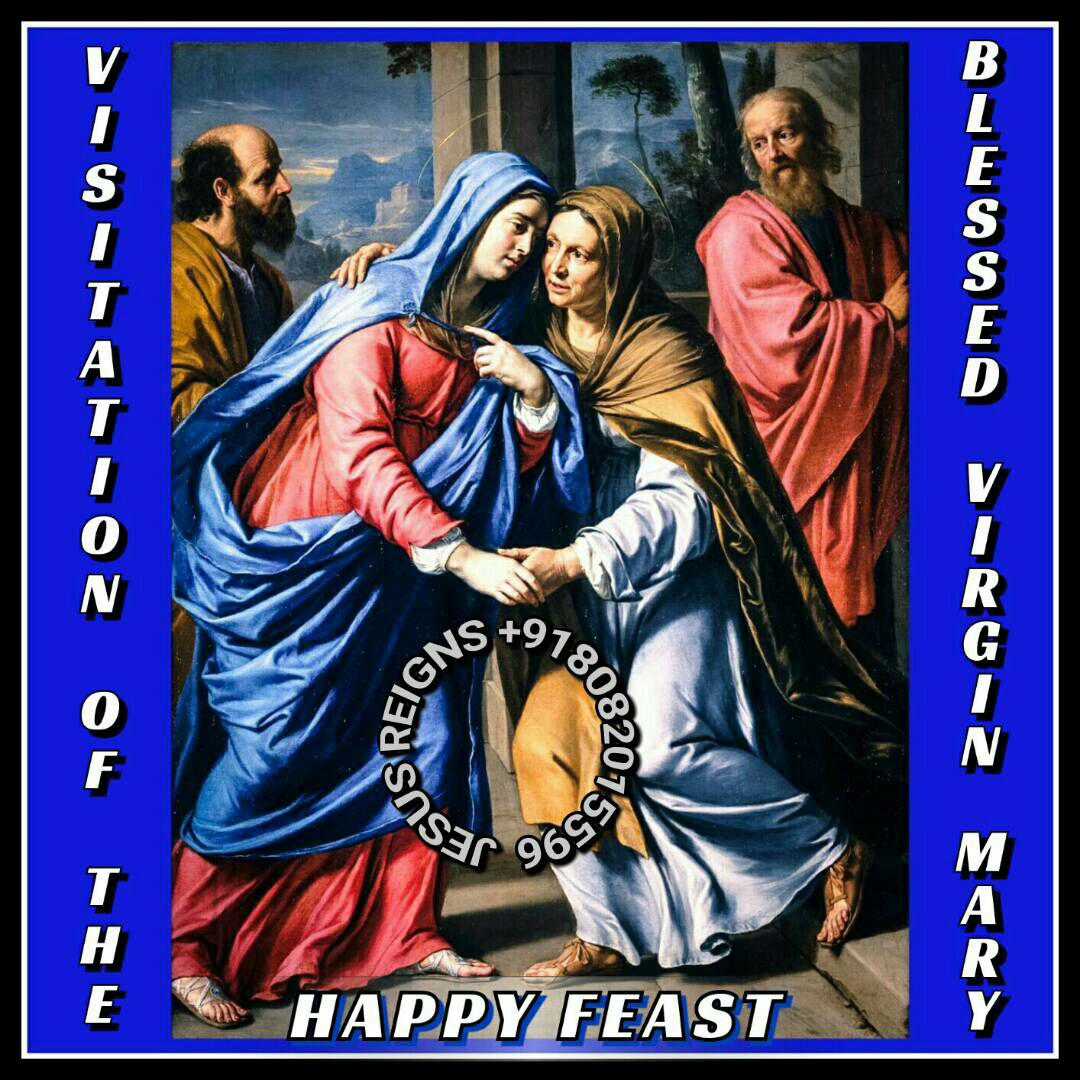MAGNIFICAT
My soul proclaims the greatness of the Lord,
my spirit rejoices in God my Savior
for he has looked with favor on his lowly servant.
From this day all generations will call me blessed:
the Almighty has done great things for me,
and holy is his Name.
He has mercy on those who fear him
in every generation.
He has shown the strength of his arm,
he has scattered the proud in their conceit.
He has cast down the mighty from their thrones,
and has lifted up the lowly.
He has filled the hungry with good things,
and the rich he has sent away empty.
He has come to the help of his servant Israel
for he has remembered his promise of mercy,
the promise he made to our fathers,
to Abraham and his children for ever.
Glory to the Father, and to the Son,
and to the Holy Spirit:
as it was in the beginning, is now,
and will be for ever. Amen.
(The Magnificat provides meditation on the Visitation, the second Joyful Mystery of the Rosary. When the angel Gabriel informs Mary that she is to be the Mother of God, he also tells her of her relative Elizabeth's pregnancy with John the Baptist. After Mary gives her famous consent to becoming the Mother of God, -- “Behold the handmaid of the Lord; be it done to me according to thy word” (Luke 1:38) -- she goes “with haste” (1:39) to help Elizabeth, who is delighted to see her. Our Lady then expresses her joy in the Magnificat. The Magnificat, taken from Luke's Gospel (1:46-55), is the Blessed Virgin Mary's hymn of praise to the Lord. It is also known as the Canticle of Mary in the Liturgy of the Hours.)
